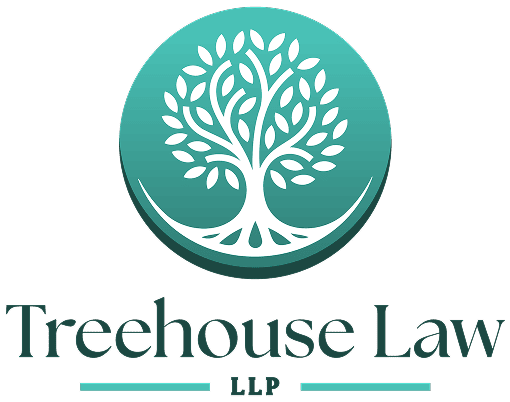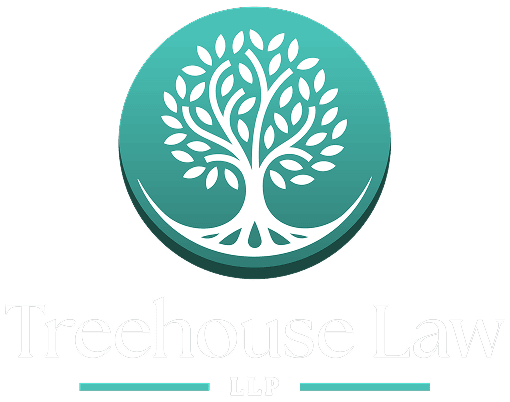Menu


California law shields consumers from misleading “fake sales” and deceptive pricing tactics. When retailers advertise items with an inflated strikethrough “original” price alongside a lower sales price—despite never actually selling at the higher amount—they're not just behaving unethically, they are breaking California's robust consumer protection statutes.
False pricing creates the illusion of a bargain by comparing current prices to fictitious former prices. Consider a jacket labeled “$119.99 $59.99” when the retailer rarely, if ever, sold it for $119.99. The purported 50% discount is entirely fabricated, luring consumers with the promise of savings they're not actually receiving.
California's Legal Framework
California maintains some of the nation's strongest consumer protection laws, with two statutes specifically targeting deceptive pricing:
California Business & Professions Code § 17501 prohibits advertising former prices unless the product’s prevailing market price was the true prevailing market price within the preceding 90 days. Retailers cannot claim an item “was $X” unless that price was genuinely charged for a reasonably significant period recently. If the former price exceeds three months old, retailers must conspicuously disclose this fact, preventing stores from advertising outdated or fabricated prices as recent market rates.
Consumer Harm
False reference pricing causes genuine financial harm. Shoppers spend money they might not have with accurate information. When purchasing products believing you are receiving 50% off, you assume significant value—perhaps you would not pay full price.
Case law confirms that false reference pricing constitutes actionable harm. In Hinojos v. Kohl’s Corp., 718 F.3d 1098 (9th Cir. 2013), the Ninth Circuit recognized consumer injury from false pricing sales, ruling that “when a consumer purchases merchandise on the basis of false price information, and would not have made the purchase but for the misrepresentation, he has standing to sue under [California’s consumer protection laws] because he has suffered an economic injury.”
The court understood that purchasing products advertised with phony discounts constitutes real harm—shoppers don't receive promised deals. Hinojos confirmed that such practices violate California's consumer protection laws and that courts will hold even large retailers accountable.
Common Deceptive Tactics
Retailers employ several false pricing strategies to mislead consumers, all potentially violating California law:
Perpetual “On Sale” Items: Some stores maintain permanent sales, displaying high regular prices crossed out with “sale” prices below. Items almost never sell at the supposed original price. In Hinojos, 718 F.3d at 1101, Kohl’s faced accusations of this “always-on-sale” tactic, where products routinely sold at advertised sale prices rather than crossed-out higher amounts. These perpetual sales create false urgency and illusory savings.
Artificially Inflated “Original” Prices: Retailers temporarily raise prices only to dramatically “slash” them back to normal levels while claiming substantial markdowns. In Spann v. J.C. Penney Corp., No. 8:12-cv-00215 FMO (RNBx) (C.D. Cal. Mar. 23, 2015), J.C. Penney was accused of marking up products briefly, then advertising “sales” that made regular prices appear discounted by 40-50%. The company ultimately settled for $50 million over these deceptive practices.
Outlet Store Reference Prices: Outlet stores represent a particular problem area. Common practices include creating made-for-outlet merchandise with tags showing fictitious “Manufacturer's Suggested Retail Price” (MSRP) figures, despite items never being sold at those prices in regular retail stores. Lawsuits against major outlet retailers like Michael Kors, Coach, and Columbia Sportswear alleged that outlet-specific products carried fictitious original prices solely to make outlet prices appear bargain-worthy. This conduct violates California's “prevailing market price” rule in § 17501—if an item was never sold for $100 in the general market, retailers cannot claim “Outlet Price $50 (Originally $100).”
Protecting Yourself
If you suspect deceptive pricing, consider these steps:
False “sale” prices and deceptive discounts undermine consumer trust and cause real financial harm. California has declared such practices illegal, providing consumers with powerful legal tools for recourse. If you've been misled by deals that seemed too good to be true, you may be entitled to relief under the law.
Remain appropriately skeptical of perpetual sales or extreme markdown claims. Don't hesitate to take action against suspected fake sales—you can hold companies accountable while helping ensure fair shopping environments for everyone. California consumers need not tolerate deceptive pricing. The law is on your side.